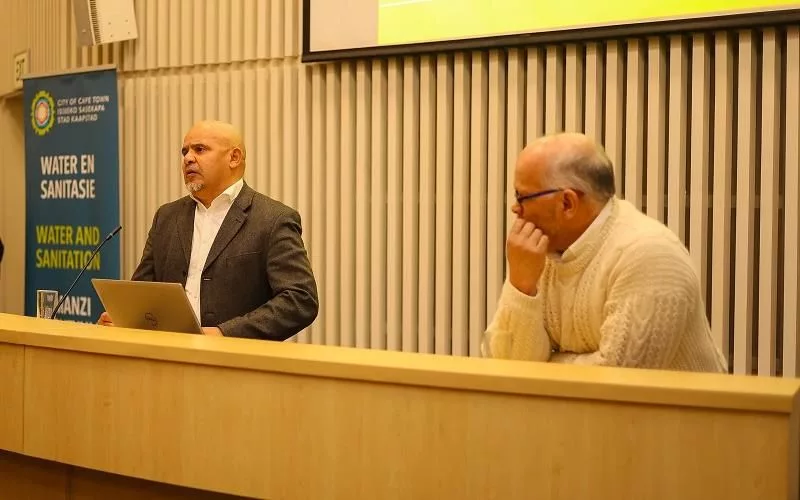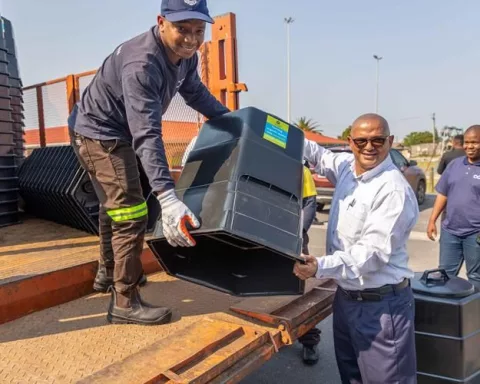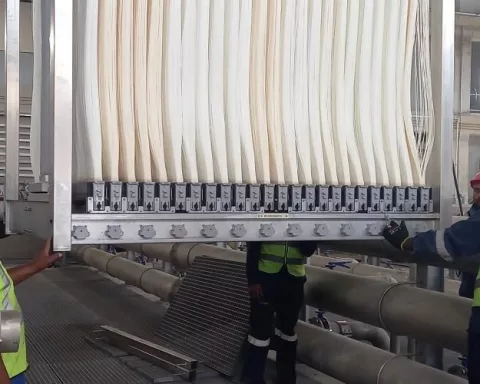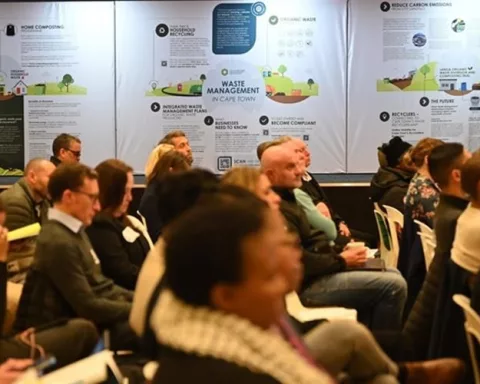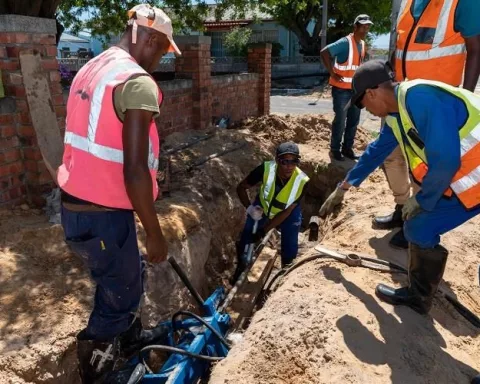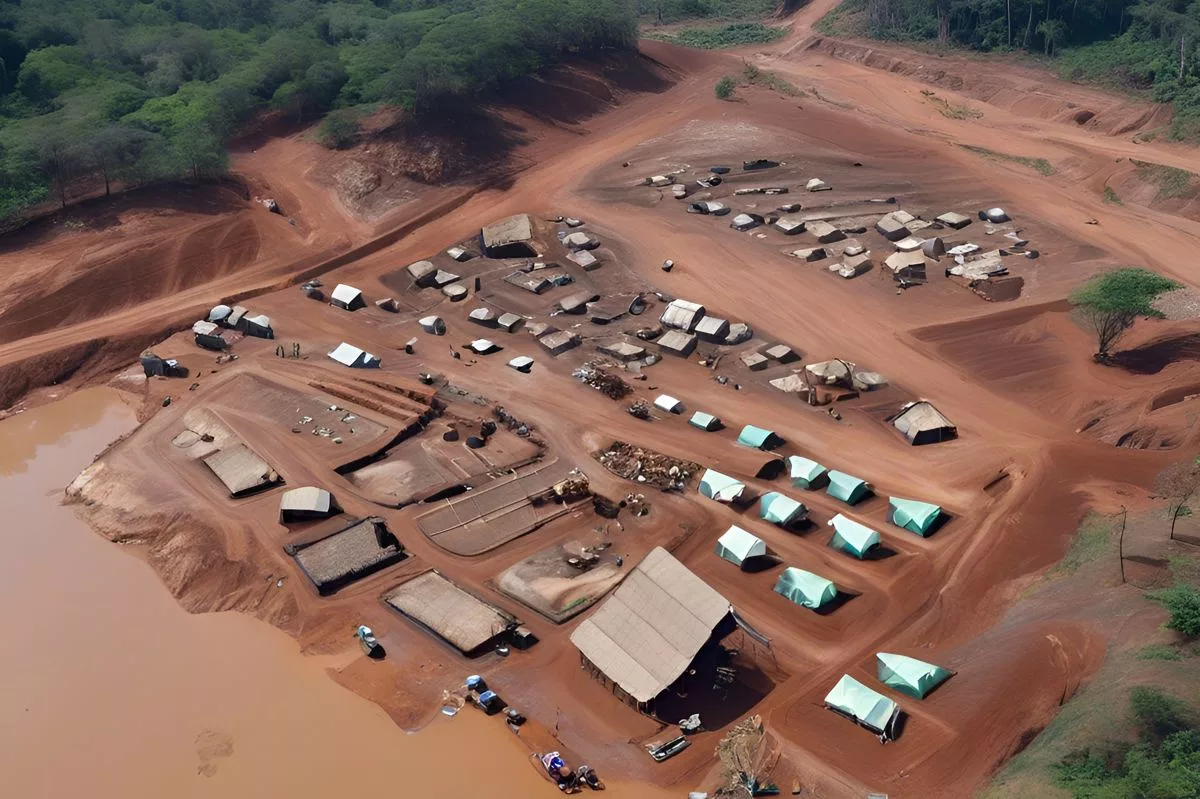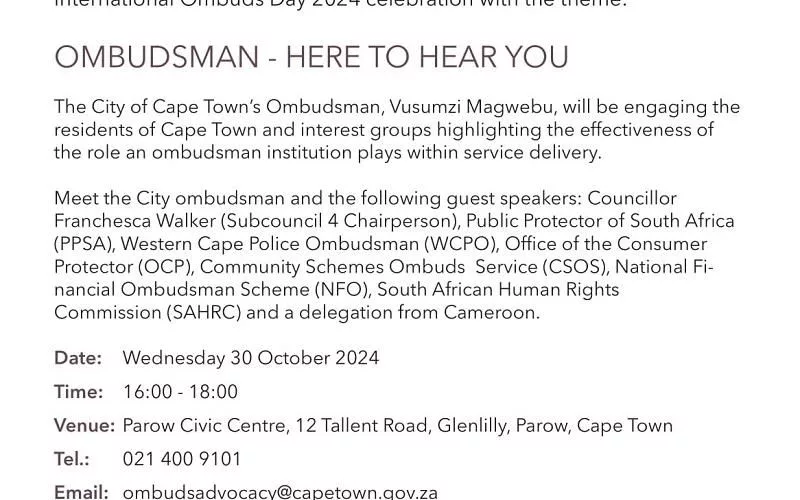Wastewater package plants are small, smart facilities that help cities manage dirty water in a cleaner way. They are easy to install and can be placed where big treatment plants can’t go, making them super useful for crowded urban areas. Recently, a workshop brought together many people to learn how to set up and run these plants, highlighting their importance for public health and the environment. By using these innovative systems, cities can boost their economies while making sure they take care of our precious water resources.
What are the benefits of wastewater package plants in urban water management?
Wastewater package plants offer a sustainable solution for managing domestic wastewater in urban areas. Key benefits include:
- Compact and modular design for easy installation
- Flexibility in locations where traditional treatment plants are impractical
- Compliance with regulatory standards to protect public health
- Economic stimulation by easing strain on municipal infrastructure
The Rise of Decentralized Water Solutions
In an era where environmental sustainability is at the forefront of urban planning, cities worldwide are seeking innovative ways to effectively manage their water resources. A significant step in this direction took place on October 10, 2024, when the City’s Water and Sanitation Directorate organized a crucial workshop. This event aimed to enlighten stakeholders on the complexities of operating wastewater package plants — self-contained facilities that function independently from the city’s primary sanitation system. These plants are emerging as a viable response to the challenges of urban water management, offering a blend of convenience and enhanced efficiency for handling domestic wastewater on-site.
The workshop assembled 24 participants, drawing a diverse audience of potential Water Services Intermediaries (WSIs), developers, and other interested parties. Its primary objective was to clarify the operational and regulatory frameworks that govern these facilities. This gathering became a vital platform for individuals and entities eager to leverage the advantages of wastewater package plants, underscoring their potential to revolutionize urban water management practices.
Unpacking the Benefits of Wastewater Package Plants
Wastewater package plants stand at the cutting edge of modern environmental engineering. According to the National Department of Water and Sanitation (DWS), these modular systems, generally boasting a capacity of less than 2,000 m³ per day, offer a flexible solution in areas where traditional municipal wastewater treatment works (WWTWs) may not be practical. Their compact design and straightforward installation make them particularly advantageous in locations with spatial or infrastructure constraints. When operated effectively, these plants can match the treatment capabilities of more extensive municipal facilities, showcasing a remarkable synergy between practicality and high performance.
During the workshop, participants explored the critical regulatory pathways necessary for establishing these plants. The event provided guidance on navigating the complex processes of securing water authorization from the DWS and environmental clearance from the Western Cape Department of Environmental Affairs and Development Planning (DEA&DP). This focus on compliance reflects a broader commitment to safeguarding both environmental integrity and public health, emphasizing the importance of adhering to established guidelines.
Moreover, the workshop highlighted the significance of implementing wastewater risk abatement plans and maintaining strict plumbing installation standards. Protecting stormwater and minimizing ecological disruptions are vital priorities, ensuring that the introduction of wastewater package plants promotes environmental responsibility and sustainability.
Regulatory Pathways and Compliance
One of the workshop’s key messages was the necessity for proper registration as a WSI. The City has taken proactive measures to streamline the application process, demonstrating its dedication to facilitating the shift towards decentralized wastewater management. Registration ensures that all installations conform to relevant legal standards, thus preserving the City’s regulatory oversight.
For aspiring WSIs, the registration journey commences with a straightforward email request for an application form. Applicants must then submit the completed form along with necessary documentation to the City of Cape Town. Importantly, there are no fees associated with registration, further encouraging participation. However, depending on the developmental context, additional authorization from the DWS and potential environmental assessments with the DEA&DP might be required.
Once approved, these installations must comply with operational regulations, including adherence to the DWS IRIS system, Green Drop evaluations, and local by-laws. Regular inspections by the City’s Water and Sanitation Inspectorate ensure ongoing compliance, thereby reinforcing a robust system designed to protect both public and environmental health.
Prioritizing Strategic Applications and Socio-Economic Impact
Priority is given to applications within limited wastewater catchments such as Potsdam, Macassar, and Zandvliet, where the urgency for innovative solutions is most acute. The City is actively evaluating proposals in these areas at advanced stages, reflecting their critical need for sustainable water management solutions. For applications outside these zones, considerations are more tailored, aligning with the principles outlined in the City’s Water & Sanitation Services Policy and the Water Conservation and Demand Management Strategy of 2023.
The workshop also emphasized the socio-economic potential of wastewater package plants. By alleviating the strain on municipal infrastructure, these systems can stimulate urban development and economic growth. They enable additional construction projects and expansions, playing a pivotal role in shaping future urban landscapes while ensuring sustainable sanitation practices.
Councillor Zahid Badroodien, the City’s Mayoral Committee Member for Water and Sanitation, encapsulated the workshop’s ethos. He highlighted the importance of sustainable business operations, where private wastewater solutions serve as essential tools. These plants offer dual benefits — enhancing sanitation infrastructure and supporting broader socio-economic goals. While the City continues to invest in major WWTW upgrades, these decentralized solutions provide a complementary path to sustainable urban development.
In summary, the City’s workshop on wastewater package plants exemplifies a forward-thinking approach to urban water management. By equipping stakeholders with the necessary knowledge and regulatory insights, the City is paving the way for innovative solutions that align with global environmental objectives. Wastewater package plants offer a promising avenue for cities striving to meet the demands of urbanization while maintaining a commitment to sustainability and public health. As cities continue to evolve and grow, embracing such decentralized systems could play a crucial role in ensuring a sustainable future for urban environments.
FAQ on Wastewater Package Plants
What are wastewater package plants?
Wastewater package plants are small, modular facilities designed to treat domestic wastewater in urban areas. They offer a compact and efficient solution for managing dirty water, particularly in locations where traditional treatment plants are impractical.
How do wastewater package plants benefit urban water management?
These plants provide multiple advantages, including:
– Easy installation due to their compact design
– Flexibility in placement within crowded cities
– Compliance with health regulations to safeguard public health
– Economic stimulation by reducing pressure on existing municipal infrastructure
What was the purpose of the recent workshop organized by the City’s Water and Sanitation Directorate?
The workshop aimed to educate stakeholders about the complexities of operating wastewater package plants. It brought together participants to discuss regulatory frameworks, operational guidelines, and the benefits of these innovative systems in urban water management.
What are the regulatory requirements for operating a wastewater package plant?
To operate a wastewater package plant, entities must register as Water Services Intermediaries (WSIs) with the City. The application process is straightforward, requiring an email request for the application form. Compliance with the DWS IRIS system and local regulations is mandatory, along with potential environmental assessments, depending on the context.
Where are wastewater package plants most urgently needed?
Priority areas for wastewater package plants include wastewater catchments such as Potsdam, Macassar, and Zandvliet, where the demand for sustainable solutions is high. The City is actively evaluating proposals in these regions to implement effective water management strategies.
How do wastewater package plants contribute to socio-economic development?
By alleviating the pressure on municipal infrastructure, these plants can stimulate urban development and economic growth. They support additional construction projects and expansions, ensuring sustainable sanitation practices while enhancing the overall urban landscape.

